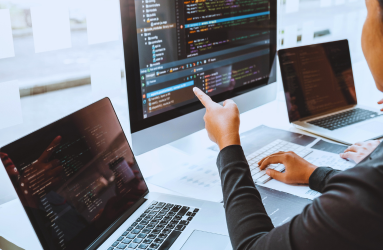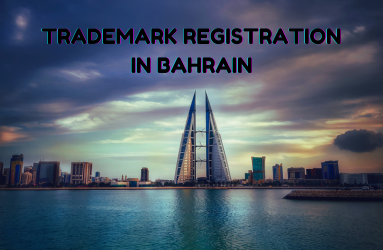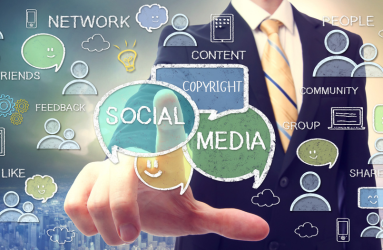Intellectual Property and the World of Esports
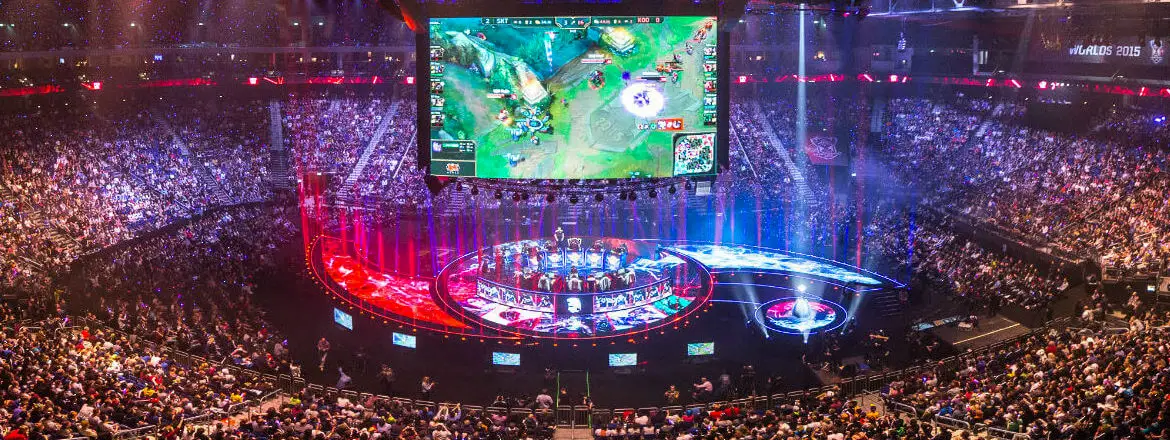
Table of Contents
Esports, which initially branched out from the massively popular gaming sector, has today carved a niche of its own. Esports focus on e-tournaments and competition-based challenges between people by means of devices. According to Euromonitor, the industry is booming at a swift pace and the Esports market is currently valued at about a billion US Dollars. In this article, we explain the crucial relationship between Esports and Intellectual Property.
According to a report by Newzoo (News and Media channel for Games Market), the total Esports audience is expected to grow to 495 million viewers in 2020, which is an impressive year-on-year growth of +11.7%.
Global revenue of Esports now tops US$1.1 billion. Its popular titles such as League of Legends (LoL), Mobile Legends Bang Bang (MLBB), Fortnite and Overwatch have growing numbers of viewers that are far greater than that of traditional major sporting events.
Role of Intellectual Property in Esports
While Esports has consistently captivated the spectators of the game, there is also a surging interest observed among other entities such as event sponsors, planners, and organizing committees. Essentially, this leads to a lot of financial investment, be it in the form of whopping cash prizes awarded to the winners or funds required to efficiently finance and run the event. In this very scenario, intellectual property rights come into play as there would be legal questions arising among the various stakeholders of Esports, in order to evade potential liability. Unlike traditional sports, Esports is a sophisticated creation of authorship that makes use of myriad art forms such as sketches, graphics, video, characters, etc., and concoct various levels of human interaction for the execution of the game. The storyline also must be unique and writers shouldn’t infringe on copyrights that already exist. Intellectual property is a crucial element of the Esports industry and deals with aspects such as ownership of the property, contractual agreements, advertising, and licensing.
Having a robust IP strategy in place would defend authors and developers from issues such as piracy, infringement, and unauthorized use of original work without remuneration. The developers and publishers generally claim that the ownership of their game lies with them solely. However, the content creators do establish their right over the games, which are an output of their creativity as well. More often than not, there have been conflicts where the e-gamers have claimed their due ownership in relation to the game played. Usually, players are not considered as performers since they play matches with spontaneity. Besides, the course of a match is not something that can solely be attributed to a player’s creativity. That being said, there exists a varied school of thought which argues that gamers develop certain strategies during the games, and thus, it is this creative plan of action and their unique playing style that unravels the rest of the game.
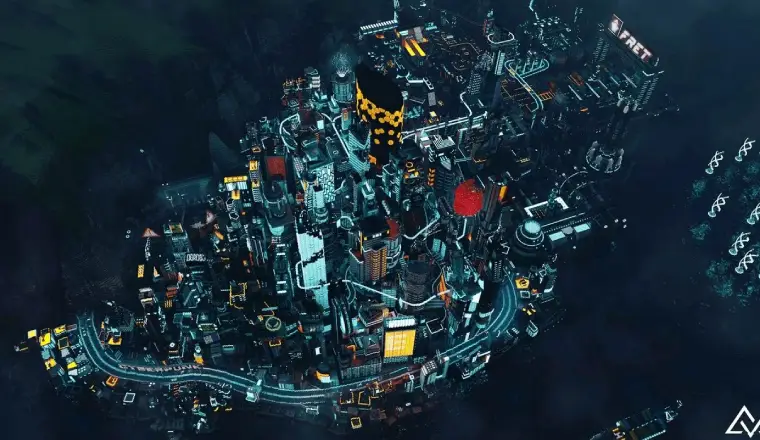
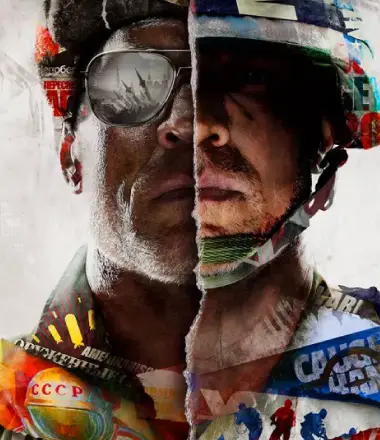
Copyright for Video Games
While there are many IP tools for games, the most vital one is copyright. Video game copyrights guard certain areas such as source code, maps, sound effects, and characters. However, it needs to be borne in mind that it is only the expression of ideas that are protected and not the ideas themselves. If there is a single idea that is manifested in two different forms, then there would arise no question of infringement.
The copyright protection of the creative elements of Esports varies from country to country. These elements are subject to protection only when they serve certain criteria as set by each jurisdiction. The creation of an e-game also involves the intellect of a number of specialists who have expertise in certain niche areas such as game designing, sound engineering, programming, user interface development, etc. How many of these professionals can claim a right on the work is determined by their level of original contribution to the game as well as the fulfillment of certain jurisdictional criteria. There is always a level of legal complexity when it comes to the protection of interests of various parties claiming diverse forms of ownership as it involves case-specific technological understanding. However, a harmonious interaction between intellectual property in Esports and addressing jurisdictional questions with respect to a standard legal framework will go a long way in resolving litigations over e-games.
Got questions about legal issues in Esports? Our team of professionals and attorneys are here to answer them all. Contact us for a complimentary consultation at +971 4 282 2677 or email us at [email protected].




